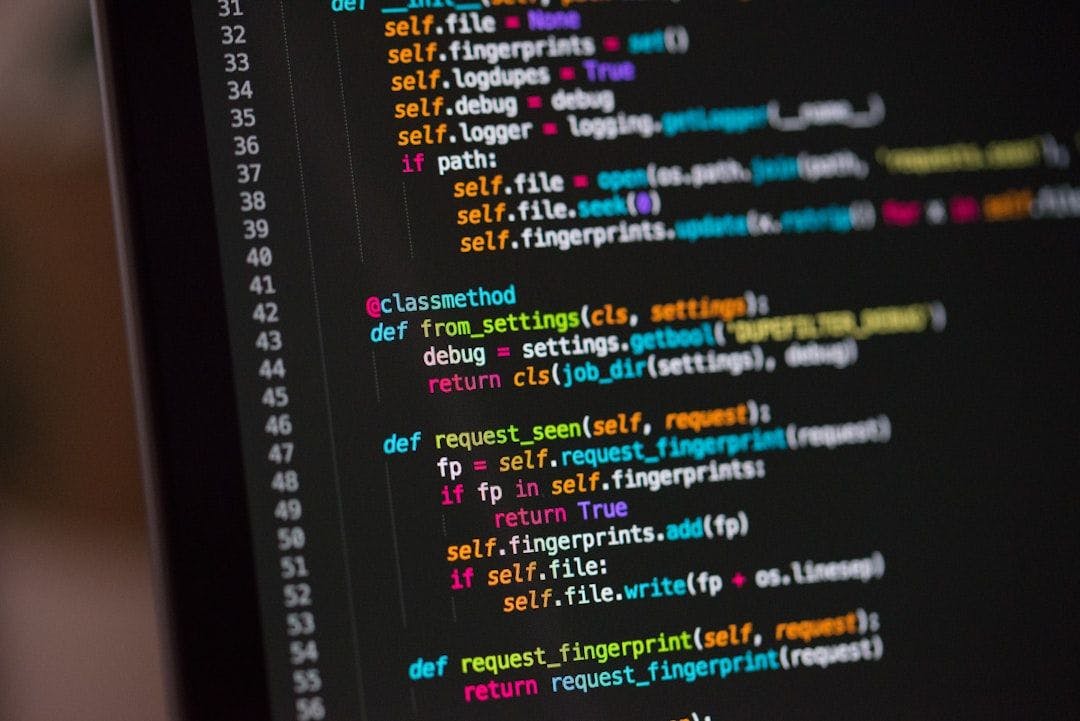BOK Calls For Bank-Issued Stablecoins To Prevent Market Risk


The Bank of Korea (BOK) has urged lawmakers to adopt a bank-led model for stablecoin issuance ahead of the upcoming regulatory framework, warning that Korean Won (KRW)-pegged tokens could “repeat past monetary failures.”
BOK Raises Financial Stability Concerns
On Monday, the Bank of Korea released a 140-page report warning that stablecoins could unlock new possibilities for the Korean economy but could also “sow the seeds of new instability.”
According to local news media outlets, the central bank urged lawmakers to carefully review won-pegged digital assets ahead of the release of the long-awaited regulatory framework, listing multiple risks that these tokens could pose to financial and monetary stability.
As reported by Bitcoinist, Financial Services Commission (FSC) Chairman Lee Eun-won recently confirmed that the regulatory agency plans to submit the second phase of the Virtual Asset User Protection Act to the National Assembly this year, which will follow US regulatory steps and include a ban on stablecoin interest payment.
The BOK report affirmed that the promise behind stablecoin raises unrealistic expectations in the market, arguing that “The pledge of ‘1 coin equals 1 won’ is merely a private agreement between issuers and users and is not legally or institutionally guaranteed by the central bank.”
“If the issuer fails to keep the redemption promise, stablecoin holders, unlike bank depositors, are not protected under relevant laws,” the BOK added. It warned that these tokens are “prone to deppeging,” citing greater concerns for non-dollar stablecoins, where the risk is higher due to thinner liquidity.
Additionally, the central bank highlighted the gaps in consumer protection laws and the potential that these tokens could “enable regulatory evasion and capital flight, weaken the effectiveness of monetary policy and undermine banks’ traditional role as financial intermediaries.”
A Bank-Led Model For Won-Pegged Stablecoins
Amid the potential risks, the BOK considers that “trust is crucial to reliably support innovation, so institutional safeguards are necessary.” It reiterated that stablecoin issuance must be led and strictly regulated by banks to ensure reliability and public trust.
In July, BOK Governor Lee Chang-yong expressed concerns about the potential issuance of stablecoins pegged to the Korean Won by non-bank entities, arguing that they could confuse monetary policies and foreign exchange regulations.
“If banks become the main issuers of stablecoins, or if stablecoins are issued through bank-led consortia, many of these associated risks could be managed under the current regulatory framework,” the Monday report explained. “Non-banking companies, such as IT firms, can also participate in bank-centered consortia to drive innovation and growth.”
Notably, financial institutions in Korea have been preparing for two potential legalization scenarios over the past few months, as it has been unclear if non-bank entities will be allowed to issue the digital assets.
The sector has reportedly explored a business model in which banks establish a joint venture to collectively issue stablecoins, while also contacting various non-bank companies to prepare for the upcoming framework.
Kim Chul, head of the BOK’s Payment & Settlement Systems Department, stated that under this approach, regulators can closely monitor the sector’s scale and maintain stability, “allowing this new form of currency to take root within the formal financial system.”
Another BOK official added that “stablecoin legislation is moving quickly, and we hope this report serves as a key reference for those discussions.” Ultimately, the central bank called for a joint policy council among monetary, foreign exchange, and financial authorities.

Bitcoin (BTC) trades at $115,057 in the one-week chart. Source: BTCUSDT on TradingView
Featured Image from Unsplash.com, Chart from TradingView.com

Editorial Process for bitcoinist is centered on delivering thoroughly researched, accurate, and unbiased content. We uphold strict sourcing standards, and each page undergoes diligent review by our team of top technology experts and seasoned editors. This process ensures the integrity, relevance, and value of our content for our readers.





